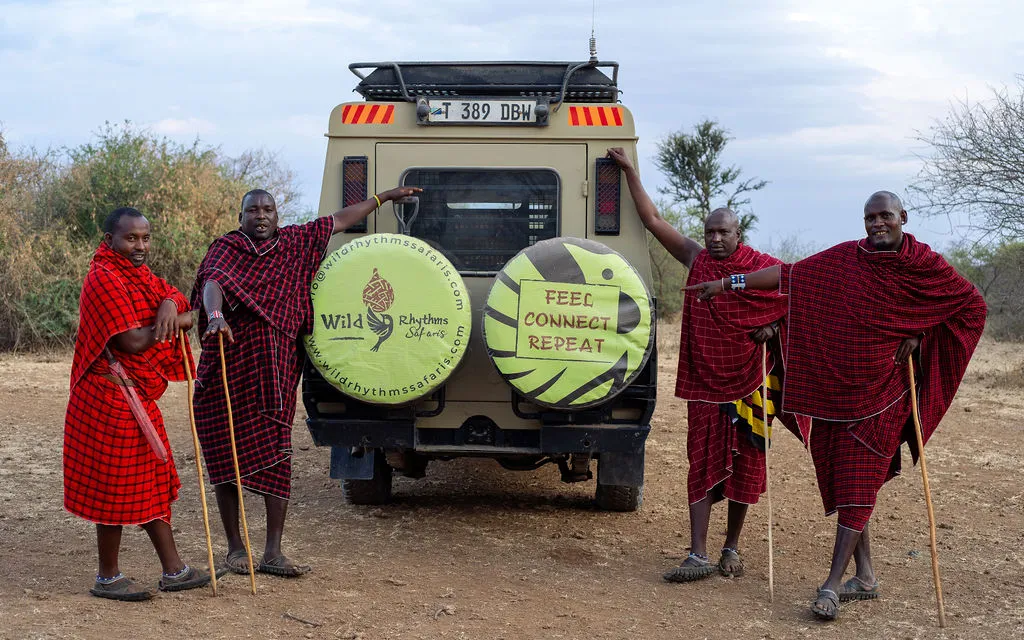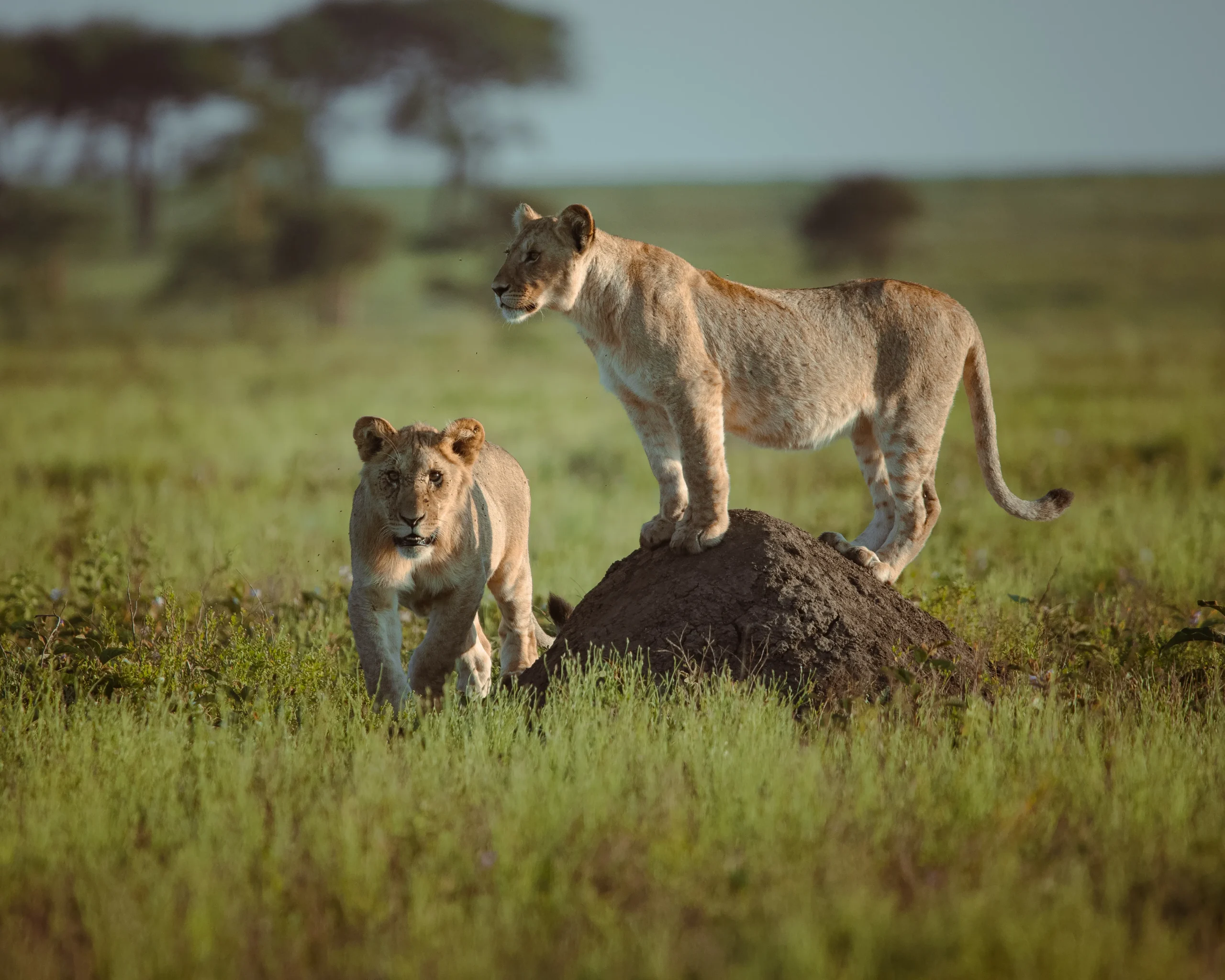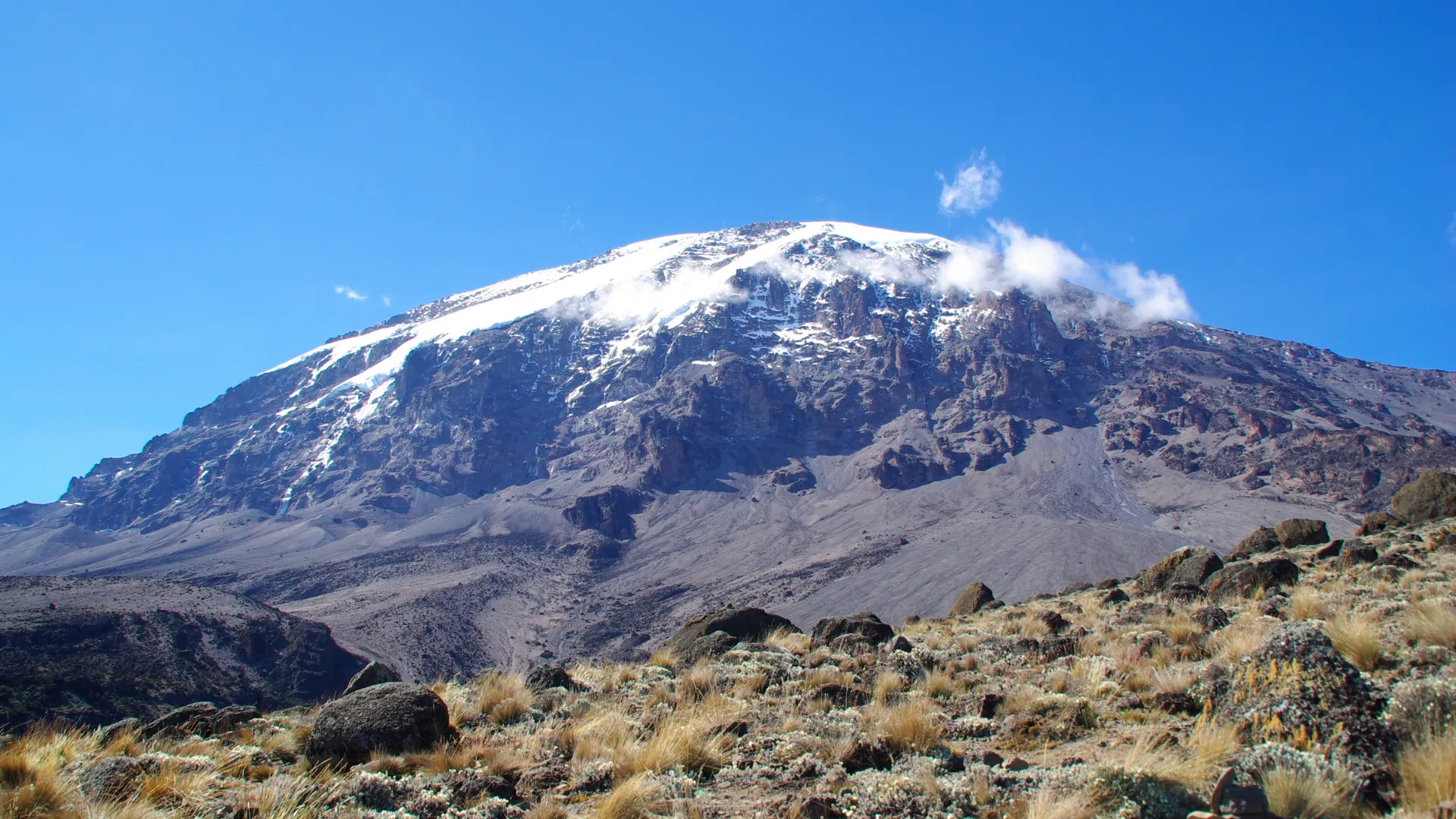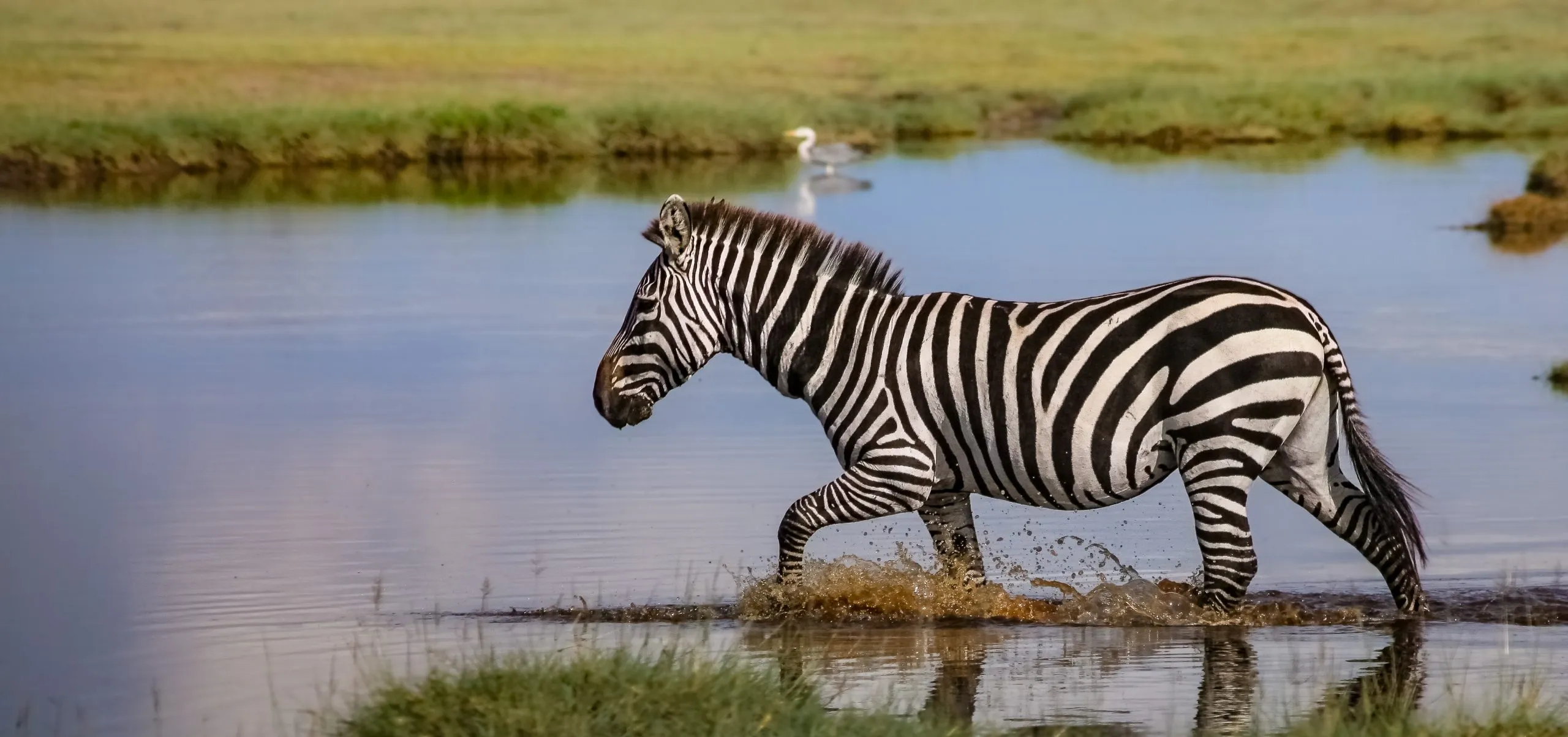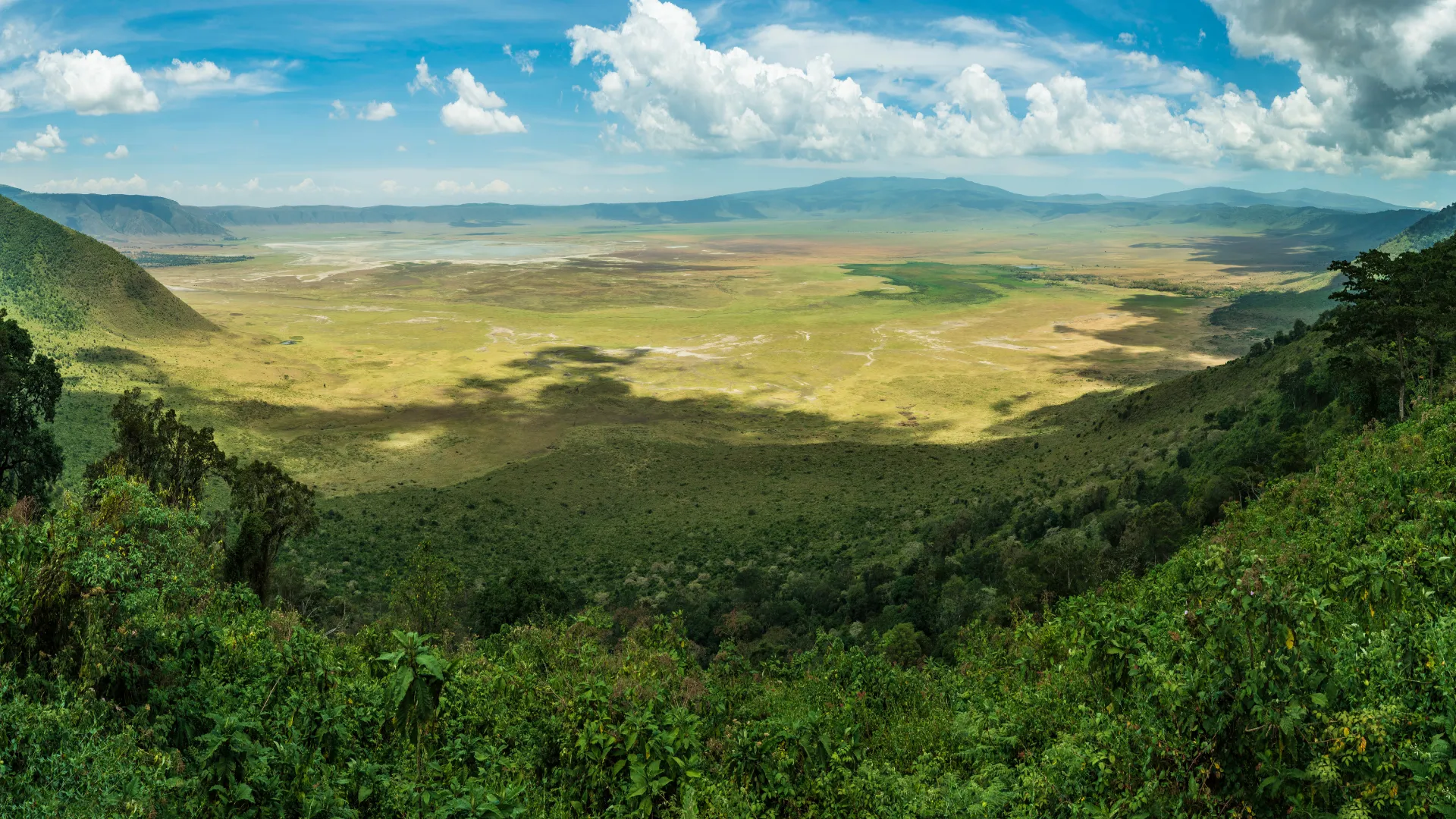Tanzania is known for its incredible wildlife and breathtaking landscapes, making it one of the top destinations for safaris. As more travelers seek to explore these wonders, the importance of sustainable tourism becomes increasingly clear. Sustainable safaris in Tanzania ensure that your adventure not only supports the local economy but also protects the environment and wildlife for future generations.
This guide will walk you through how to have a sustainable safari in Tanzania, from choosing eco-friendly accommodations to supporting conservation efforts. Let’s dive in!
1. Choose Eco-Friendly Safari Operators
One of the first steps in planning a sustainable safari is selecting a safari operator who is committed to responsible and eco-friendly practices. Look for companies that prioritize conservation and support local communities.
- Why It Matters:
Eco-conscious safari operators minimize their environmental impact by following principles such as reducing carbon footprints, supporting wildlife conservation programs, and ensuring that local communities benefit from tourism. - What to Look For:
- Companies that use electric vehicles or low-emission transport.
- Safari operators who participate in conservation programs and wildlife protection.
- Those who have partnerships with local communities to support sustainable development.
2. Stay at Eco-Lodges and Camps
Tanzania offers a range of eco-lodges and sustainable camps that blend seamlessly into the natural environment while minimizing their ecological footprint. These accommodations are designed to reduce waste, conserve water, and preserve the surrounding habitats.
- Why It Matters:
Staying at eco-lodges means your stay supports responsible tourism initiatives, and your accommodation works to protect the environment. Many eco-lodges have solar energy systems, rainwater harvesting, and waste recycling programs. - Recommended Eco-Lodges:
- Gibbs Farm (Ngorongoro): Known for its commitment to organic farming and sustainable practices.
- Tarangire Treetops (Tarangire): An eco-lodge built with minimal environmental impact, offering stunning views and wildlife encounters.
- The Serengeti Migration Camp (Serengeti): A low-impact, luxury tented camp with a focus on conservation.
3. Support Conservation Projects
Tanzania is home to numerous conservation projects that protect wildlife and their habitats. By visiting parks and reserves that are dedicated to conservation, you’re directly contributing to the preservation of Africa’s most iconic species.
- Why It Matters:
Tourism revenue from sustainable safaris helps fund important wildlife conservation efforts, including anti-poaching campaigns, habitat restoration, and wildlife monitoring programs. Some parks and conservancies even reinvest the funds into local communities, providing education and healthcare. - Conservation Initiatives to Support:
- The Serengeti Ecosystem: Supports the protection of the migration corridor and other endangered species like the cheetah and wild dog.
- Selous Game Reserve: Known for its work on elephant conservation and anti-poaching measures.
- The Ngorongoro Conservation Area: Implements sustainable tourism practices while conserving both human and animal communities.
4. Minimize Your Carbon Footprint
Sustainable safaris aren’t just about wildlife and nature—they’re also about reducing your environmental impact. Traveling responsibly means minimizing your carbon footprint by choosing eco-friendly transport options and being mindful of your energy consumption.
- Why It Matters:
Air travel, vehicle use, and accommodation contribute to carbon emissions. By making more eco-conscious choices, you can reduce the negative environmental impact of your trip. - How to Minimize Your Carbon Footprint:
- Fly less: If possible, choose destinations closer to home or travel by land between nearby parks.
- Opt for group tours: Shared safari vehicles reduce the number of cars on the road, lowering fuel consumption.
- Choose low-emission safari vehicles: Some companies use electric or hybrid safari vehicles that emit fewer pollutants.
5. Respect Wildlife and Natural Habitats
One of the core principles of a sustainable safari is ensuring that your presence does not disturb the wildlife or their natural habitats. This involves following the “Leave No Trace” ethic and being mindful of your behavior in the parks.
- Why It Matters:
Invasive behaviors like feeding animals, getting too close to wildlife, or disrupting their habitats can cause stress to the animals and disrupt their natural behaviors. - How to Respect Wildlife:
- Never feed wildlife or encourage unnatural interactions.
- Keep a safe distance from animals, especially predators like lions or elephants.
- Avoid making loud noises or sudden movements.
- Stick to designated paths and trails to minimize impact on vegetation and ecosystems.
6. Support Local Communities
Sustainable safaris also involve supporting the local communities that help make your trip possible. Many safari operators partner with local tribes and villages, providing jobs and education, and supporting community-run conservation projects.
- Why It Matters:
Ensuring that local people benefit from tourism ensures that they have a stake in protecting the wildlife and environment. Sustainable tourism can empower local communities and contribute to economic development. - How to Support Local Communities:
- Stay in locally owned lodges and camps.
- Buy souvenirs directly from local artisans to ensure fair compensation.
- Engage in cultural experiences that contribute to the preservation of local traditions and customs.
7. Travel with a Responsible Mindset
Being a responsible traveler means making informed decisions about where to go, what to do, and how to behave. By supporting ethical wildlife tourism, you help ensure that safaris in Tanzania remain a force for good.
- Why It Matters:
Ethical tourism fosters a sense of responsibility in travelers and supports a sustainable tourism model that benefits both people and wildlife. It’s important to choose experiences that are aligned with the principles of eco-tourism and wildlife protection. - Tips for Responsible Travel:
- Avoid supporting tourist attractions that exploit wildlife, such as circuses or animal performances.
- Research your safari operator’s ethical practices before booking.
- Respect cultural norms and follow local guidelines when visiting villages or participating in cultural activities.
Final Thoughts
A sustainable safari in Tanzania allows you to experience the magic of the country’s wildlife and landscapes while ensuring that future generations can do the same. By choosing eco-friendly accommodations, supporting conservation efforts, and respecting the environment and local communities, you can make a positive impact on the places you visit. Whether you’re exploring the Serengeti, Ngorongoro, or Tarangire, sustainable safaris in Tanzania offer the chance to experience Africa’s wildlife in a way that preserves it for years to come.
Ready to book your sustainable safari? Contact us today to plan your eco-friendly adventure and make a difference while exploring Tanzania’s wild heart.

